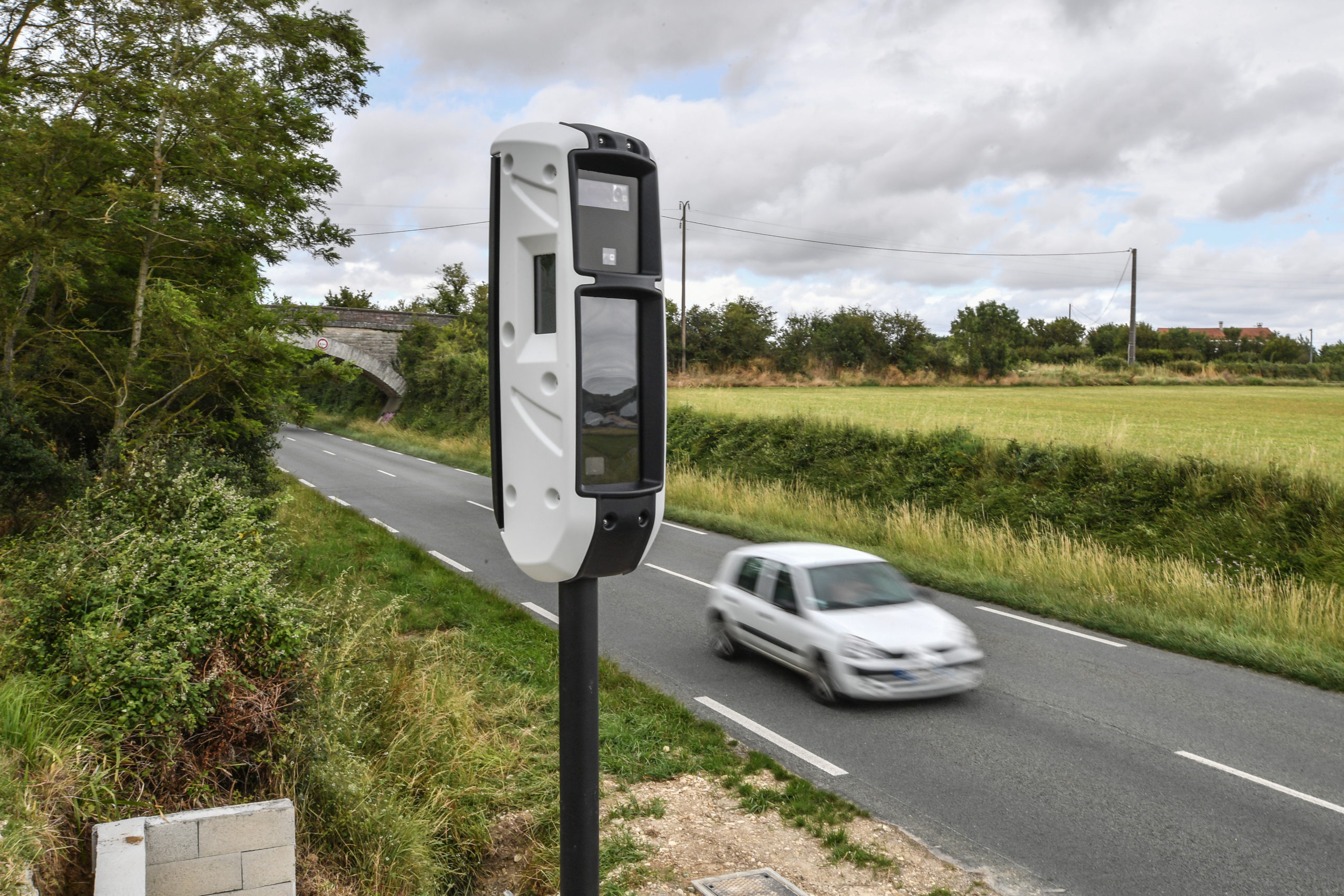
France: massive return of the radar speed traps

After more than 2 000 fixed speed cameras being vandalized by the ‘Yellow Vests’ in 2018-2019, 70% of them are replaced by a modern version on poles, the Mesa Fusion /AFP
After nearly 60% of radar speed traps being vandalized since the beginning of the ‘Yellow Vests’ movement in France, the guardians of sp


Comments
Ready to join the conversation?
You must be an active subscriber to leave a comment.
Subscribe Today